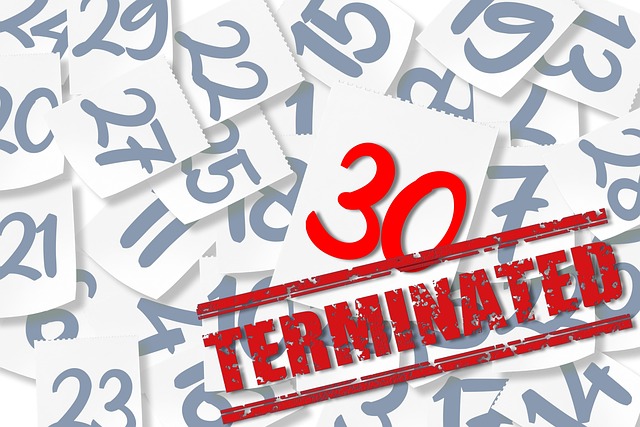Enforcing support payments in Oregon involves a structured legal process (Oregon support enforcement) designed to ensure financial responsibility for children's well-being. This system guides non-custodial parents through voluntary compliance, wage garnishments, and legal notices. Both parties have rights and responsibilities, with resources like payment plans and legal measures available. Effective enforcement is crucial for maintaining stability in families affected by divorce or separation.
Navigating Oregon’s child support enforcement laws is crucial for ensuring financial security for children. This article guides you through the complex process of enforcing support payments in Oregon, highlighting key aspects such as the role of the Oregon Child Support Division, legal options for collecting delinquent payments, and rights and responsibilities of involved parents. Discover how to effectively delve into this process, understanding both the support payment process and available resources for a successful outcome.
- Understanding Oregon's Child Support Enforcement Laws
- The Process of Enforcing Support Payments in Oregon
- Role of the Oregon Child Support Division
- Legal Options for Collecting Delinquent Payments
- Rights and Responsibilities of Parents Involved
- Resources and Assistance for Enforcement Proceedings
Understanding Oregon's Child Support Enforcement Laws

The Process of Enforcing Support Payments in Oregon

Enforcing support payments in Oregon involves a structured process designed to ensure compliance with child support orders. The state’s support enforcement agency plays a pivotal role, utilizing various methods to collect unpaid support. This typically starts with direct communication and education about payment obligations, encouraging voluntary compliance. When this proves unsuccessful, the agency can issue warrants for wage garnishments, blocking access to certain benefits, or even seizing assets.
The process is governed by Oregon law, which outlines specific procedures for each enforcement step. Legal notices are crucial, providing debtors with information on the outstanding balance and the consequences of non-payment. Court interventions may be required to resolve disputes or modify payment plans. Throughout this journey, both parties have rights and responsibilities, emphasizing the importance of understanding and adhering to the legal framework governing Oregon support enforcement.
Role of the Oregon Child Support Division

Legal Options for Collecting Delinquent Payments

When dealing with delinquent Oregon child support payments, there are several legal options available to ensure compliance and collect outstanding amounts. The state’s support enforcement agency plays a crucial role in facilitating this process, offering various strategies to enforce support payments effectively. One approach involves issuing notices and requesting voluntary payment plans from the obligor (the parent who owes support). These plans can be tailored to fit the obligor’s financial situation, providing a structured way to pay off the debt.
If voluntary efforts prove unsuccessful, legal actions such as wage garnishment, where a portion of the delinquent parent’s income is seized, and levying on assets become options. The support enforcement agency may also collaborate with other state departments to suspend licenses or benefits, further motivating the obligor to fulfill their financial obligations. These legal support enforcement methods aim to streamline the support payment process and ensure that children receive the financial support they are entitled to.
Rights and Responsibilities of Parents Involved

In Oregon, both parents have a collective responsibility to provide financial support for their children. The state’s support enforcement process is designed to ensure that non-custodial parents fulfill their obligations while also safeguarding the rights of custodial parents and children. Understanding one’s rights and responsibilities is crucial during this legal procedure. Non-custodial parents have the right to know exactly what payments are expected, when, and how they can make arrangements for timely enforcement. Oregon support enforcement agencies offer various resources and assistance to facilitate this process, including payment plans, wage garnishment, and other legal measures.
Custodial parents, likewise, possess the right to receive child support as ordered by the court. They are responsible for keeping records and providing accurate financial information throughout the support payment process. Oregon law provides mechanisms for both parties to seek legal support when facing challenges or disputes regarding enforcement. It’s essential to communicate openly and document all interactions related to support payments to navigate this process effectively and ensure the well-being of their children.
Resources and Assistance for Enforcement Proceedings







